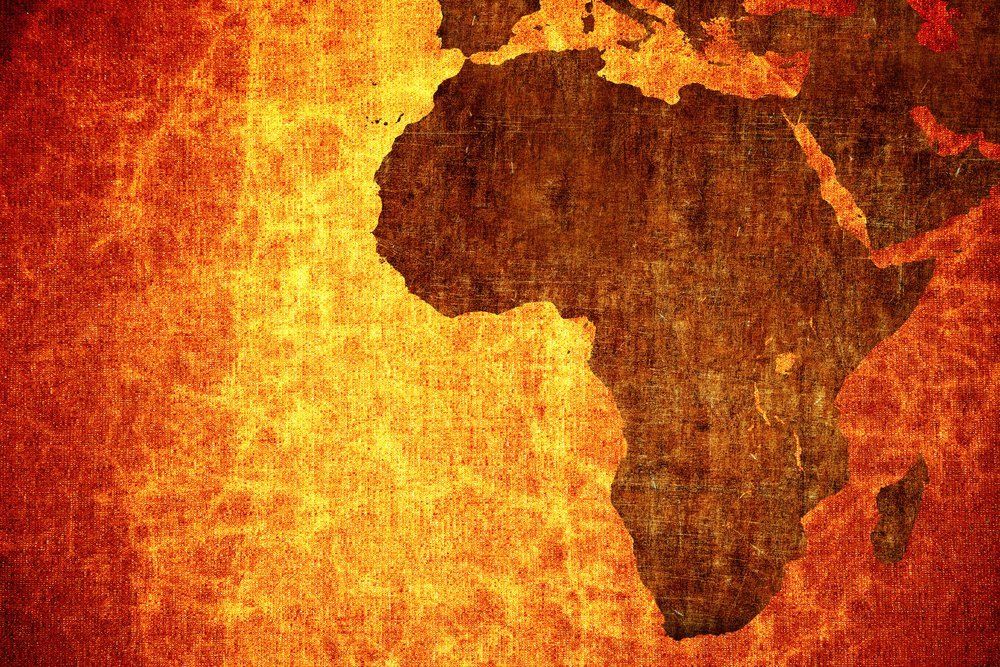What's All This Talk About History?
- By Kwende Ukaidi
- •
- 01 Feb, 2018
- •
A look at learning Afrikan History
There is a saying that ‘Where you start is where you’ll end up!’ and so it is becomes imperative for Afrikan people to recognise that their history did not begin in the recent time frame of five hundred years or so on a plantation; nor did it begin on any vessel such as the Good Ship Jesus or the Windrush. This recent time frame of a few centuries has been the overwhelming construct of others who have imposed their version of pseudo history upon Afrikan souls around the world.
The journey of Afrikan people is premier on the world stage. Naturally, the first people of Creation itself have the first, longest and most magnificent continuum of history spanning thousands upon thousands of years. The development of the world’s greatest civilisations and the profound expression of genius that has permeated all aspects of Afrikan life emerged from Afrika and is a powerful legacy to all Afrikan people on the planet – whether they happen to find themselves on the continent of Afrika or have been displaced in Europe, the Americas, the islands of the so-called Caribbean or elsewhere.
Grand civilisations such as those of the Nile Valley, Ancient Ghana, Kongo, Mwenemutapa and so many others were developed from natural genius and the monuments still remain as eternal testaments to the power of the Afrikan spirit.
History has the power to reveal past achievement in order that it can be learned from, that in turn provides the ability to understand the present and can ultimately set an informed course for future progress. History provides the ability to build on the strengths, strengthen the weaknesses and avoid the pitfalls.
Therefore, if the study of history begins and remains in the recent plantation era then there is a grave danger that the great people of Afrika will be perpetually reduced to a state of exclusive ‘plantation’ mis-education and pseudo history. This will surely guide and shape those Afrikan souls to become lost in the realms of becoming better and better subjects of the plantation to their own demise. However, if the mighty Afrikan returns to the recognition and reclamation of his/her origin and can study the monumental achievements of those Great Ancestors beginning from Ancient times, surely they will have the guide to lift themselves to the challenge of contemporary circumstance and achieve their true potential for greatness. Thus the Afrikan can become empowered with the knowledge to bring about the building and progressive restoration of mighty Afrikan civilisation.
With Afrikan-centred progressive study the question of ‘What is all this talk about history all about?’ must surely then fall into a natural state of redundancy. No longer then will Afrikan people question what history is about, but rather demonstrate their greatness in the lasting and continued legacy in the building, rebuilding and reclamation of nationhood.
So whether you step into the realms of study via an Afrikan World Studies programme or venture to make Afrikan history a part of the fabric of life through cultural observance Afrikan History is surely nothing short of an imperative for Afrikan ascendancy.
